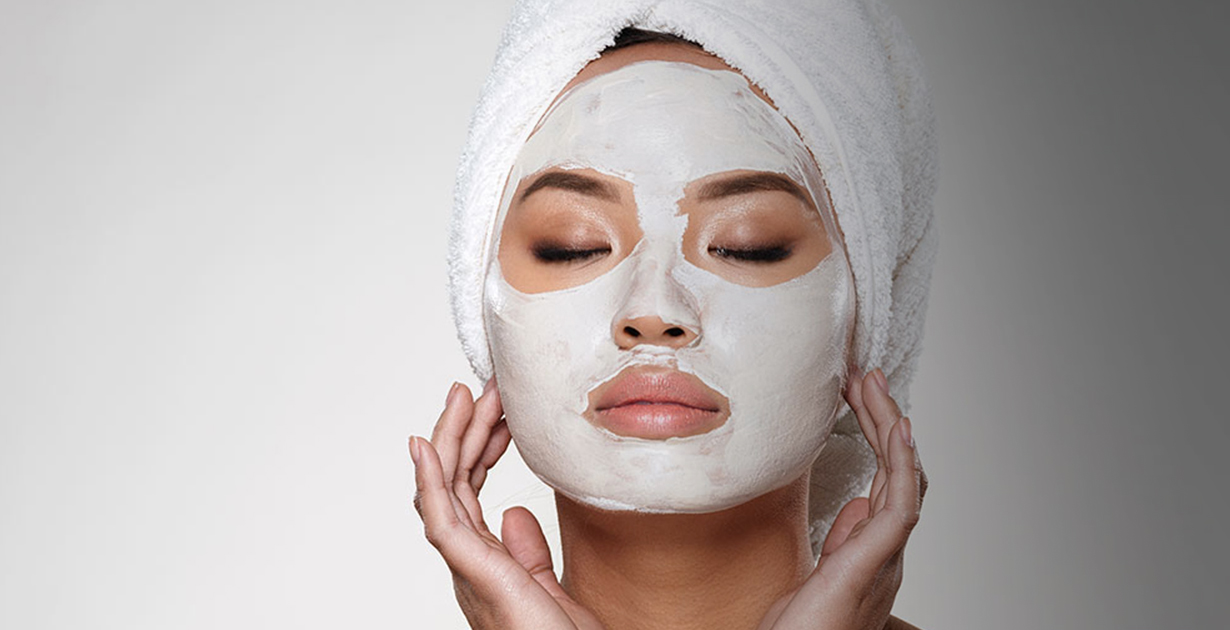Have You Been Indoors and Have Tanned? Here's How You Can Quickly De-Tan It!

Winters are great until you wake up and discover that your skin is at least two colours darker. The strange thing is that you are just as likely to get tanned in the winter as you are in the summer, making skin tanning one of the biggest problems. You may have noticed that every 27–30 days, your skin cells rejuvenate. The adult cells then expire and are replaced by new, healthy cells. The tanned skin may not return to normal for a month or more.
Since the pandemic struck, we have converted our homes into offices. Our sunscreens were nearly completely forgotten as we anticipated there would be no more outside activities. However, none of this would matter because UV radiation would still have an impact on human skin.
When you want to look your best for an event (like a wedding), getting a suntan might be detrimental to your appearance and confidence. But happily, there are certain skin care treatments like face masks and creams for removing tans that can assist you. You can take service such as bleach & dtan service at home.
What is tanning your skin?

Since the Sun is the planet's main energy source, no one can conceive life on earth without it. Everyone depends on the sun's rays for survival, whether they be living things, plants, or animals. Lack of it can have a variety of negative effects on your health, including the regulation of the body's basic activities.
By noon, the skin is exposed to the sun's UV radiation, which causes tanning. Although it is a natural occurrence, it shows how our skin defends itself against burning. However, skipping SPF and other preventative steps can hasten to age and potentially result in Melanoma, a kind of skin cancer.
Does sun exposure hurt the skin?
Although tanning might give you a sallow tone that you may prefer, it can also be bad for your skin. When the skin is exposed to UV rays, the cells produce extra melanin to defend it from future harm, which darkens the skin. Long-term exposure to UV radiation may even result in:
- Skin cells with DNA damage evolve into cancerous cells.
- A searing sensation that hurts.
- A compromised immune system.
The only way to protect your skin from UV damage is to take precautions since you cannot avoid it. Sunscreen lotion, tan removal face packs, and other skin care products all aid in the de-tanification of your skin. To shield your skin from UV rays, it is also wise to wear protective gear. To stop UV rays from entering your skin, it is also a good idea to cover it with protective gear.
Why do people tan indoors?
Our skin can get tanned artificially by indoor tanning. It entails being exposed to the blue light that electronic devices emit. The most popular gadget is a tanning bed, which is used in spas, hotels, and salons. You might believe that having naturally browned skin makes you appear attractive and healthy, but this is risky.
What effects does remaining inside have on your skin?

The Covid-19 pandemic has instilled in us the habit of remaining inside, whether it is through a WFH job or a national lockdown. But when we stay inside our homes, we unknowingly endanger our skin and health. So, now you know why it's possible to tan even while you stay indoors.
- Sun damage caused by windows
Standard windows can only protect against UVB rays; they cannot stop UVA rays, which are dangerous. Therefore, the likelihood that you may get sun damage is significant if you live in a well-lit or open-plan home with three sides that let the sunshine in. To avoid getting a tan at home, wear sunscreen and reapply it every three hours.
- Other indoor contaminants besides dust
If you live in a crowded neighbourhood or have several windows in your house, filthy air will enter. If you don't have an air purifier, this makes your skin more prone to dullness and breakouts. Your skin darkens one or more colours as a result of exposure to dust and indoor pollution.
To avoid developing a tan skin tone, keep your home clean. Pay close attention to places where dust tends to collect, such as beside windows. Keep up a double cleansing schedule to keep your skin clean. Additionally, you can frequently wash your face with a secure natural face wash and exfoliate your skin twice a week.
- Prolonged blue light exposure
Our health is at serious risk due to the demand to always be connected in the digital age. Spending nine to ten hours in front of a laptop or television is not a huge concern for you if you are the one still working on the WFH model. Your skin, however, is not the same. Your skin's health can be significantly harmed by the blue light that digital devices emit.
It might result in under-eye circles, early ageing, and a loss of natural sheen. We suggest that you take a break from using electronics and engage in non-screen-related activities. To ensure hydration, you can also utilise extremely hydrating skin care products.
- exposure to a climate with air conditioning
Dry skin can result from staying indoors in air-conditioned spaces. This is due to the removal of indoor moisture by air conditioning systems. As a result, the air dries out our skin by removing its moisture. The latter requires frequent exposure to fresh air to renew. So take a moment to enjoy a daily walk in the cool air.
For many of us, having a tan can be an aesthetic concern. It ruins the appearance of our skin and causes early ageing symptoms. As a result, we should always use sunscreen and protective gear when we are outside in the sun. When staying at home, sun protection is also crucial because the blue lights from your devices can still hurt your skin. Make an SPF a mandatory component of your skincare regimen.
FAQ's
You tend to tan more easily if you have a darker skin tone (more melanin). Melanin (brown pigment) made out of melanocytes disperses across sun-exposed skin to cover and shield it from further deterioration.
Depending on the intensity of the tan, it can take anywhere from one to four weeks for the suntan to disappear after using the proper skin tan removal method.
The chance of being exposed to the sun's damaging rays grows with skin tanning, which could ultimately result in skin cancer. The idea that a tan protects your skin from sunburn or other types of skin harm is untrue.
It shouldn't hurt to tan! If you're in discomfort, you're either not adequately shielded from UV rays or you're reacting to a tanning lotion chemical.
Sunbeds allow you to achieve a tan without spending hours lying in the sun. Depending on the type of bed being used, sunbed tanning sessions might take up to 25 minutes.
